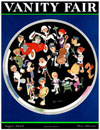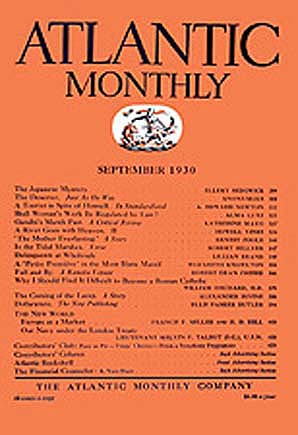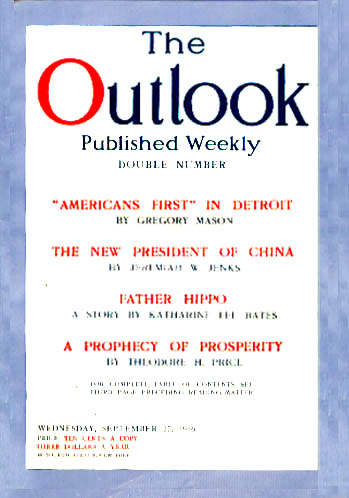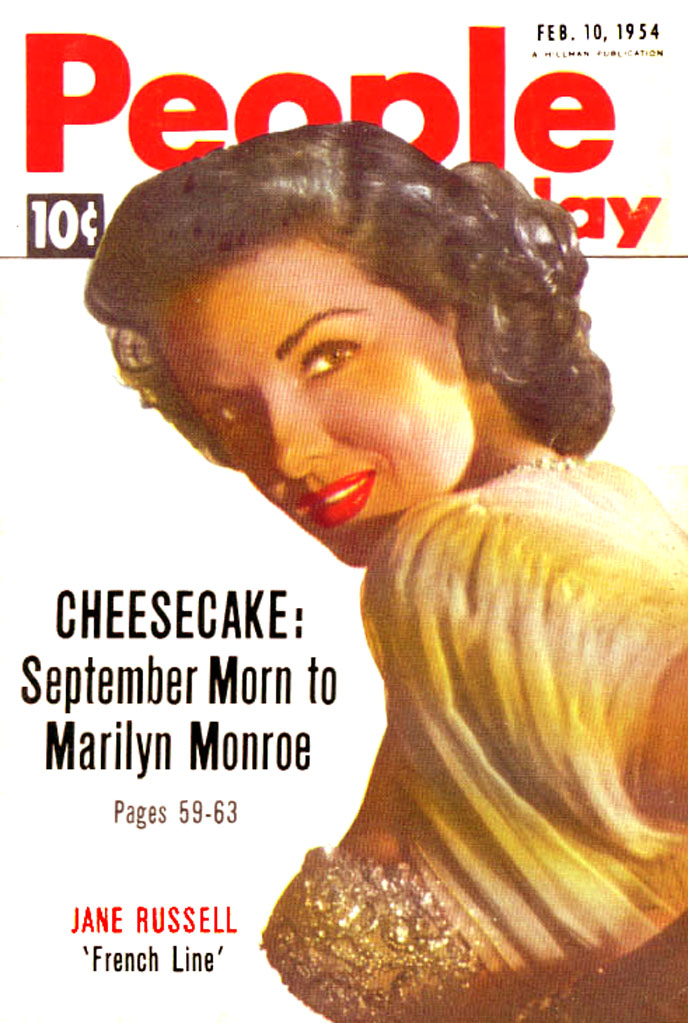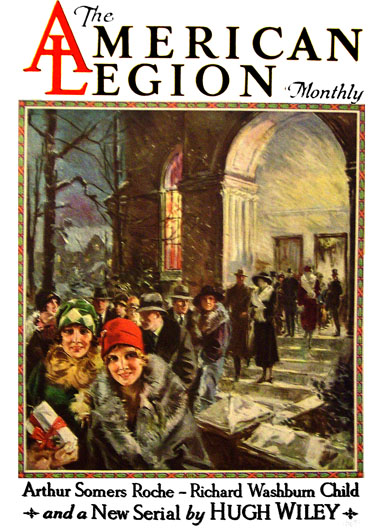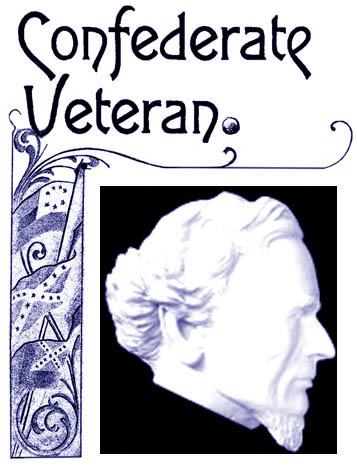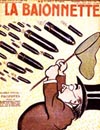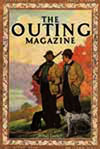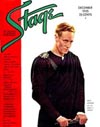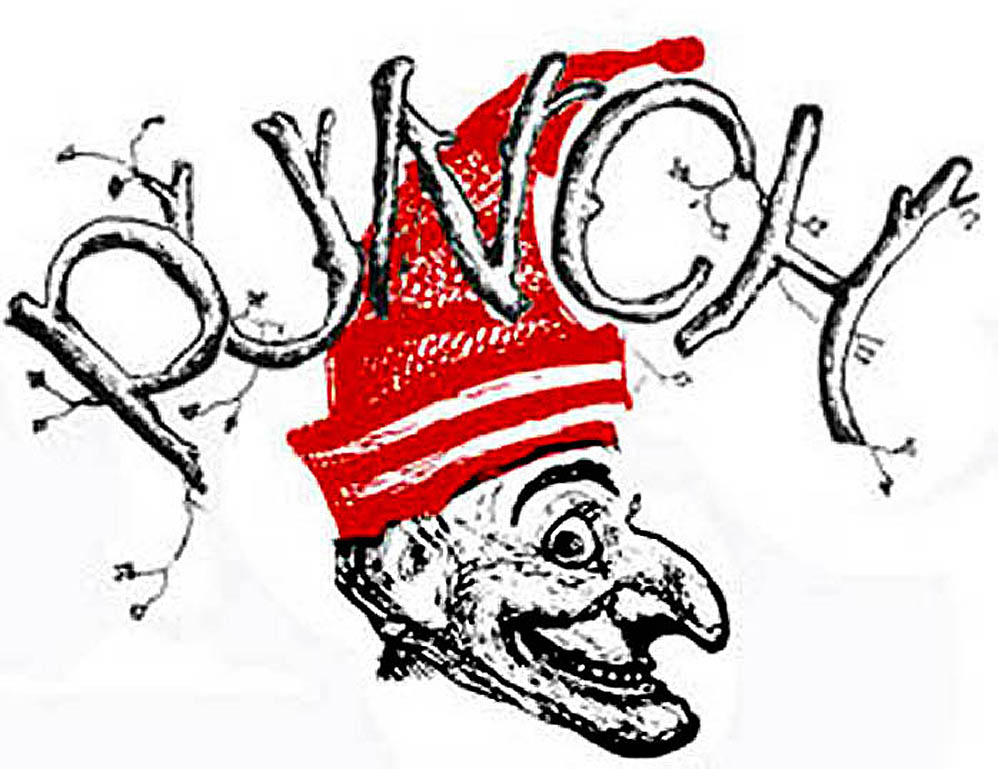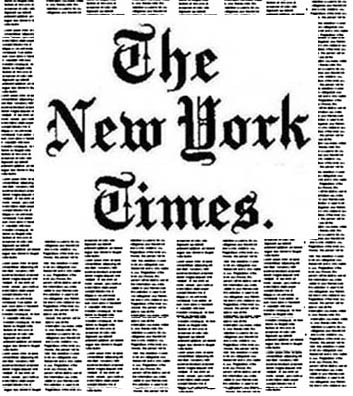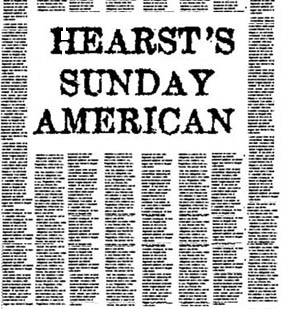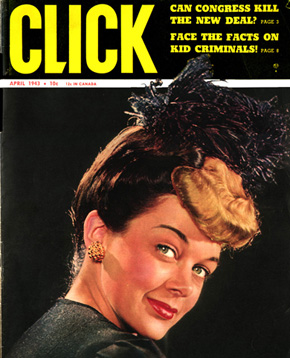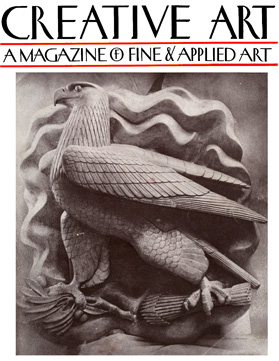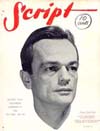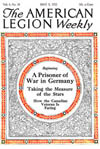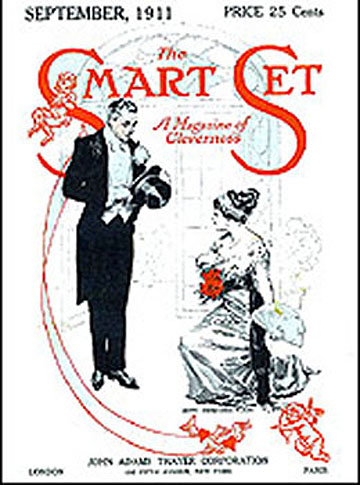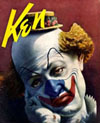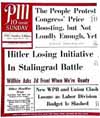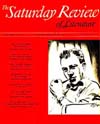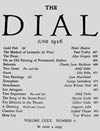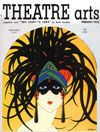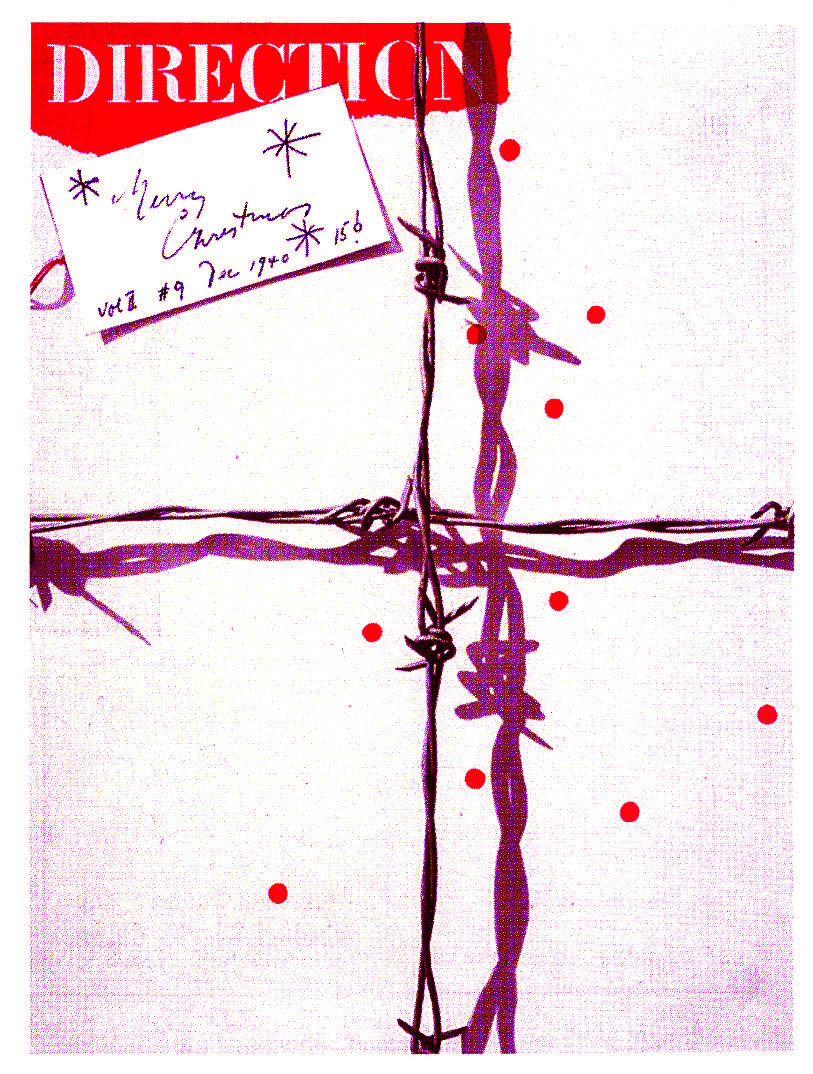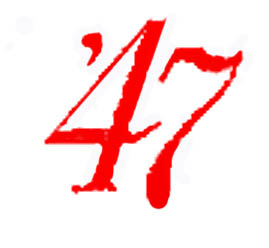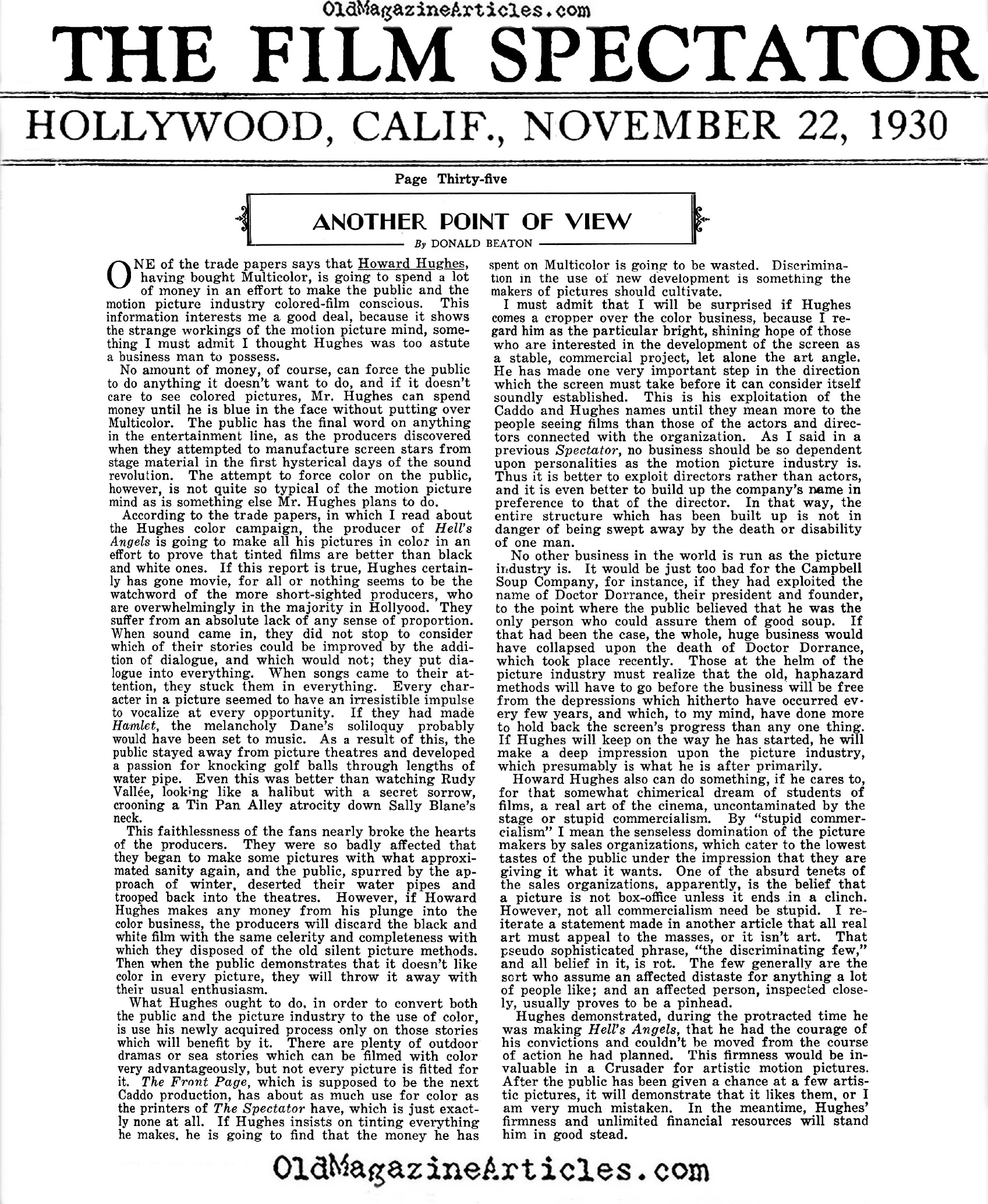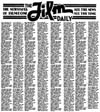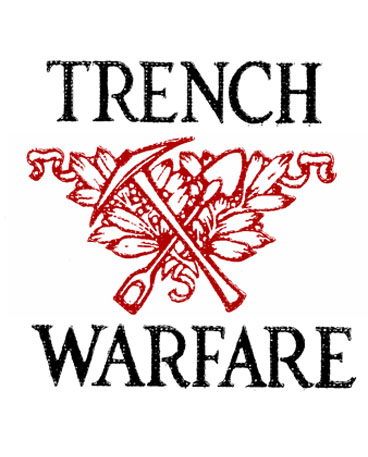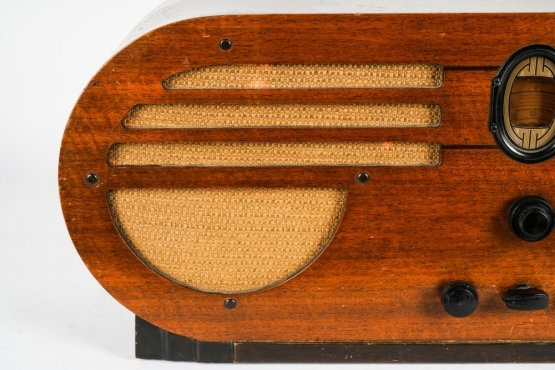Up until the Japanese attack on Pearl Harbor, the top five most important events to be broadcast by radio were:
1) The election of Warren G. Harding (1920)
2) FDR’s first “Fireside Chat” (1933)
3) The Hindenburg Disaster (1937)
4) The Max Schmeling/Joe Louis match (1938), and the
5) Orson Welles’ War of the Worlds radio program (1938)
– aside from delivering news and commentary from the Pacific, radio also alerted industrialists to beware of saboteurs, look out for landings on Pacific beaches, and all military personnel to return to their posts. As a result of the attack taking place on a sunday, there were no evening papers printed and everyone was reliant upon the radio.
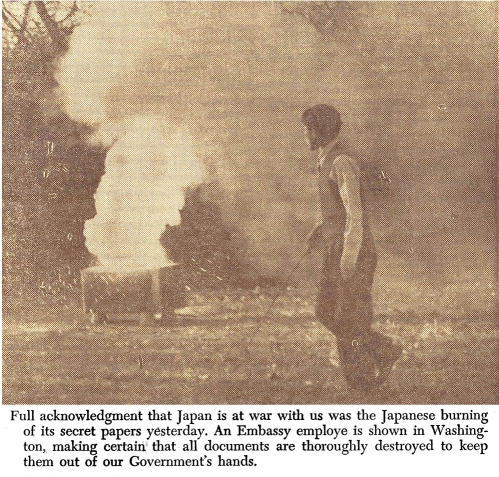
KEY WORDS: significance of radio in the Pearl Harbor news,CBS radio and the Pearl Harbor attack 1941,NBC radio and the Pearl Harbor attack 1941,KGU radio and the Pearl Harbor attack 1941,MBS radio the Pearl Harbor attack 1941,Quincy Howe WQXR radio broadcaster the Pearl Harbor attack 1941,Major George Fielding Elliot CBS broadcaster the Pearl Harbor attack 1941,Paul Shubert WOR radio broadcaster the Pearl Harbor attack 1941,Joannes Steel WMCA radio broadcaster and the Pearl Harbor attack 1941,Dr Charles Nelson Spinks WBYN radio broadcaster the Pearl Harbor attack 1941,Burnet Hershey radio commentator on Japanese envoy Kurusu

